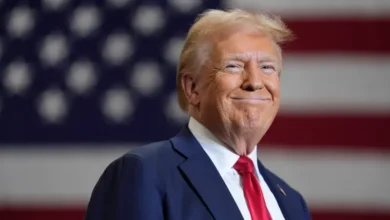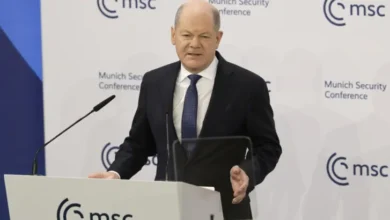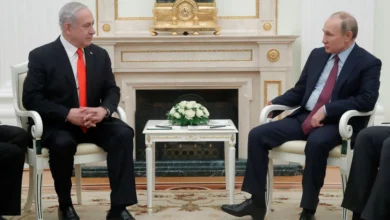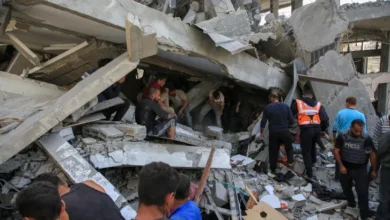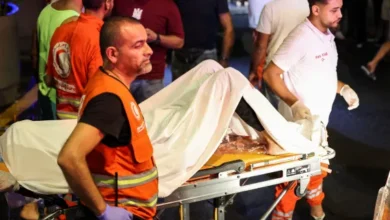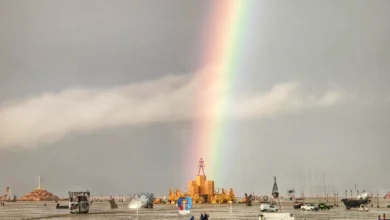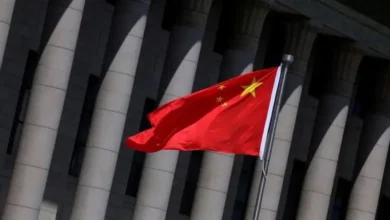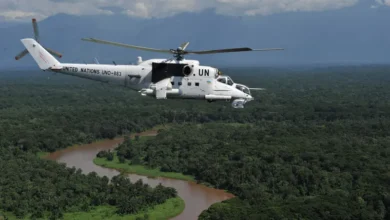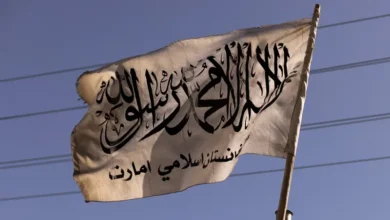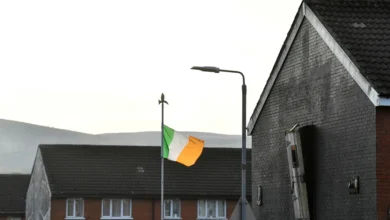Putin lowers bar for nuclear strike amid Ukraine attacks: Why it matters
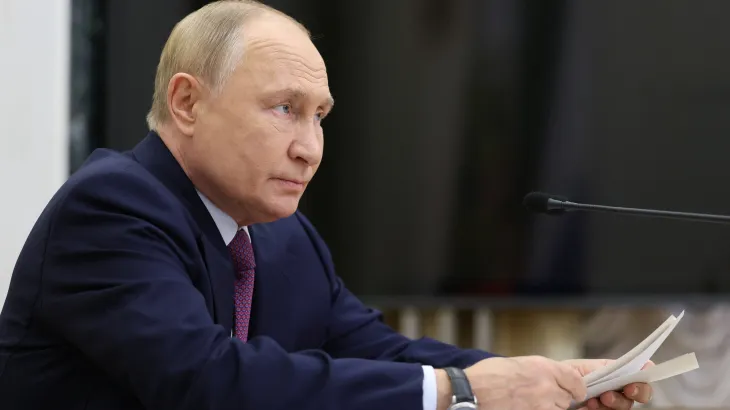
Russian President Vladimir Putin on Wednesday warned that Russia was changing its rules towards nuclear weapons, effectively lowering the threshold at which it might use them.
Experts said the threat was designed to scare the United States and its allies at a time when Ukraine is pressuring NATO members to allow it to use their long-range missiles for strikes deep inside Russian territory.
Here’s what Putin said, why it represents a shift in Moscow’s nuclear policy, and what it could mean for Russia’s war on Ukraine.
What did Putin say?
Putin detailed the latest changes to Russia’s nuclear doctrine during a televised meeting of Russia’s Security Council.
He said an attack that poses a “critical threat” to the sovereignty of Russia, if carried by a non-nuclear power with the “participation or support of a nuclear power” would be considered a “joint attack on the Russian Federation”.Putin did not spell out any countries, but the message was clear: If the Kremlin concludes that a Ukrainian assault on its soil using US, French or British missiles represents a “critical threat” to Russia’s sovereignty, Moscow will consider Kyiv’s Western allies as the attackers too.
Putin said such a scenario would meet Russia’s criteria – under its updated doctrine – for the use of nuclear weapons.
“We will consider such a possibility when we receive reliable information about a massive launch of air and space attack assets and them crossing our state border,” Putin added, listing “strategic and tactical aircraft, cruise missiles, drones, hypersonic and other flying vehicles”.
He added that this also applies to attacks on neighbouring Belarus
How does this lower Russia’s nuclear threshold?
Russia’s Deputy Foreign Minister Sergei Ryabkov had on September 1 warned that Russia would amend its nuclear doctrine – which was last updated in 2020 – in response to growing threats from the West and its allies.
This came after Ukraine, in August, launched a major offensive in Russia’s Kursk region using Western weapons, grabbing control of dozens of settlements.
But until now, Russia had not clarified what changes it would make to its nuclear doctrine. That was deliberate, said experts.
It kept the changes ambiguous on purpose, Keir Giles, a senior consulting fellow at the London-based Chatham House think tank, told Al Jazeera earlier this month. “Russia wants the world to think that it is at a nuclear hair trigger and that anything could cause nuclear war,” said Giles, who is also the author of an upcoming book, Who will Defend Europe?
That ambiguity has partly gone with Putin’s comments.
, which Moscow considers its most steadfast ally. In late August, Ukraine accused Belarus of amassing troops on the two countries’ shared border.
Russia has the largest nuclear arsenal globally, with a stockpile of 6000 warheads, some stationed in Belarus.
